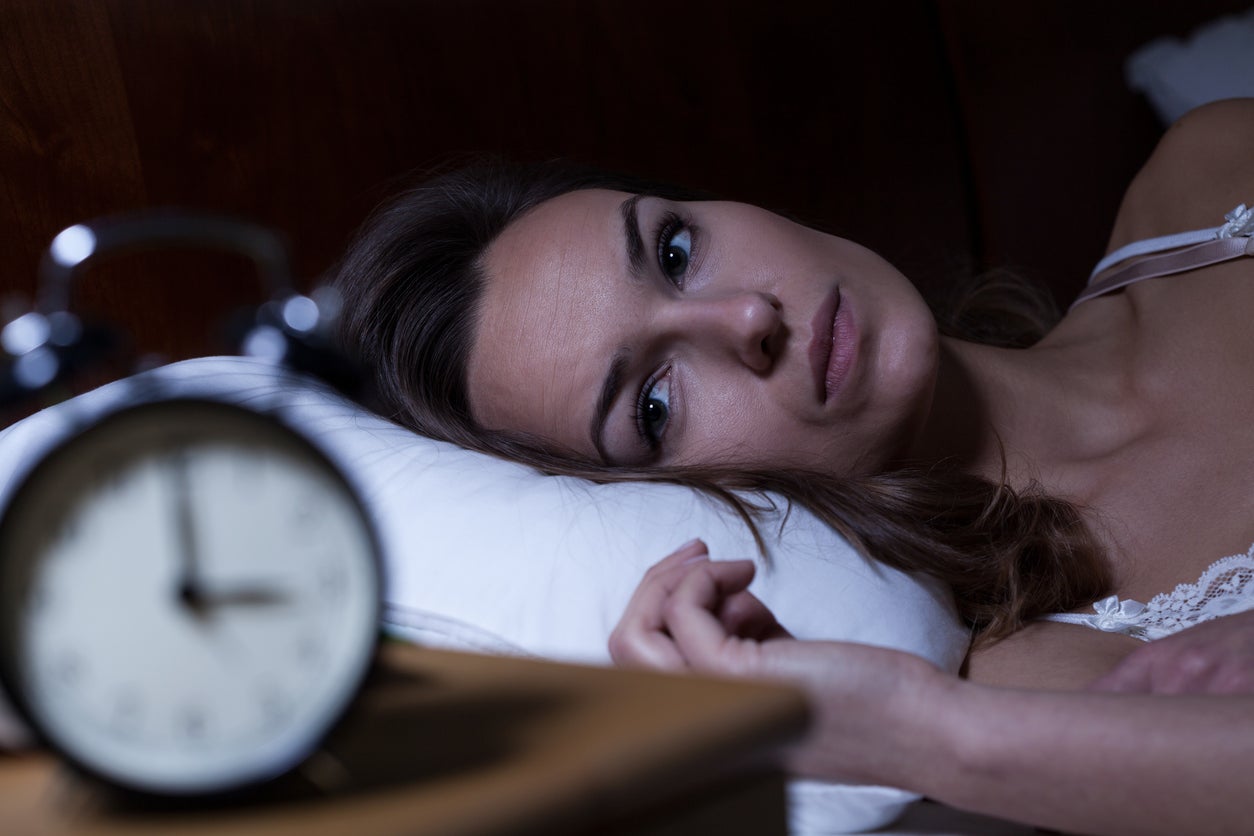The government telling people like me to get more sleep is shockingly hypocritical
I am in favour of all of us doing what we can to look after ourselves, but there are limits to what is practical, especially since feeling stressed, powerless or of little worth may also get in the way of self-care


Night care can be knackering. I have experienced this as a carer for 31 years, for various family members, at times involving overnight support before heading off to my job in the morning. Even with a couple of nights’ respite weekly, this was tough. But I now realise how lucky I was.
Years of harsh cuts have resulted in a social care crisis which leaves numerous carers exhausted. Yet more proposed tax cuts for the rich and big business are likely to leave even more families without desperately-needed support.
So reports that the government is about to issue us with guidance about sleeping enough seem richly ironic. This will apparently be part of a public health green paper, to be issued by health secretary Matt Hancock.
Telling someone to get a good night’s sleep, and implying that you should be scolded as a drain on taxpayers because of any health problems you get through not sleeping enough, may not go down well with those left to pick up the pieces of a system in tatters.
I think too of all the others worn out by austerity and a shift towards insecure employment, including those in precarious jobs who can end up working very late or early, without enough rest.
Public service workers may also feel responsible for those relying on them, such as teachers with a pile of essays to mark at 10pm or hospital staff doing many extra hours to plug staff shortages. If this happens on the odd occasion, it is possible to catch up – but for many it is chronic, with hugely damaging effects on physical and mental health.
It may also not be that easy for a disabled person sanctioned because they were too ill to get to the job centre on time, and who is worried about feeding their kids to get a peaceful night’s rest. The same applies to a victim of the ‘hostile environment’, treated as an unwanted stranger in the only country they know as home, or those on low incomes who are struggling with debt.
This is part of a wider trend among those in power to emphasise personal responsibility and draw attention away from social conditions that affect health.
I am in favour of all of us doing what we can to look after ourselves, but there are limits to what is practical, especially since feeling stressed, powerless or of little worth may also get in the way of self-care. This is why top public health experts have been pointing to the need to tackle problems such as deprivation and pollution rather than just advise people to live more healthily, based on what actually works.
For instance, imagine a domestic violence victim, traumatised and terrified because cuts to council-funded services and criminal justice system have left them without a safe place to stay, enough support and proper protection if their attacker returns. They probably know what is good for them, the virtues of getting plenty of rest, exercise, five portions of fruit and vegetables a day and not drinking too much or smoking. But when they hear noises outside the door at night or get a silent phone call from an unknown number, they might well want to reach for a melon slice or exercise band rather than comfort food, then sleep solidly for eight hours. But this may be easier said than done.
Being lectured about how the most vulnerable should do more for ourselves, when we may already have shown great courage and determination in dealing with the adversity life has thrown at us, adds insult to injury. Yet when people are in a safe and stable environment, messages about healthy living may be far easier to act on, with far-reaching benefits.
Fears that key government figures may have too cosy a relationship with champions of health-damaging sections of industry, getting in the way of firm action, make this approach even more dubious. Blaming individuals is no substitute for effective measures and may deepen social divisions and, through worsening stress, further get in the way of health.
If you are trying to grab a few hours’ sleep before waking to assist a relative or friend, feeling guilty or humiliated will not be particularly soothing.
So if the green paper gives us guidance of the kind the leaks suggest, without tackling the policies which are doing so much harm to health, many of us will feel this really takes the biscuit.
Join our commenting forum
Join thought-provoking conversations, follow other Independent readers and see their replies
Comments